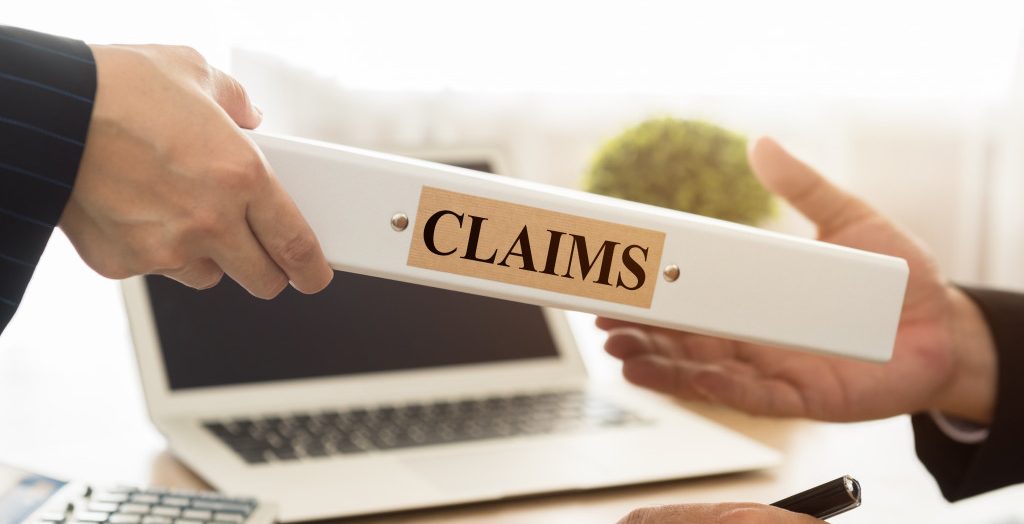Many people have a hard time understanding what insurance is. In its simplest form, an insurance policy is a predefined set of conditions spelled out in the policy that will trigger a payout to be issued by either the insurer or their carrier.
In other words, if you agree to buy car insurance and crash your car, then there’s a good chance you have a set of conditions that specifically spell out how much money your insurance carrier will pay if they need to file a claim on you.
The same is true for business owners. If something bad happens, then there’s an established policy in place with predefined terms that are spelled out in the contract called the “insurance policy” that the insurer will pay if you need to file a claim.
Types of Coverage You Can Get
The three primary types of insurance coverage businesses must have to stay protected are Property Insurance, Liability Insurance, and Workers’ Compensation Insurances. These will allow you to protect your business in case something happens, or you may also choose to work with an umbrella policy which is a supplemental form of coverage.
Property Insurance
Property coverage is the basic coverage required by most states for business owners to purchase and file a claim if their property or assets are damaged somehow. This coverage can be broken down into commercial property insurance and commercial general liability insurance.
Commercial property insurance covers damaged physical property, such as equipment or inventory that belongs to your business. In contrast, commercial general liability insurance covers cases where you (or someone working for your business) may be found liable for injuring a person or damaging their property.
For instance, you run a long-haul trucking business, and unfortunately, one of your drivers got involved in a roadside accident. Even if there weren’t any fatalities during the incident, you might still be met with claims from the truck accident lawyers hired by other casualties. So it’s always best to be prepared in the event something happens.
Liability Insurance

Most states’ second major insurance coverage for businesses is commercial liability insurance. This protection will help pay if your business is found liable somehow, whether it’s because of a mistake made by an employee or contractor or due to some other issue that could cause you legal problems.
Having this coverage will protect you from financial loss should a customer, client, or the public in general file a claim against you for some type of damage as a result of your negligence. In essence, if there was an injury to someone’s person or property due to any mishandling by one of your employees, then this insurance coverage can help pay those damages.
Workers’ Compensation Insurance
Lastly, most states’ third major insurance coverage for businesses is workers’ compensation insurance. This type of protection is especially important for companies that have employees because it helps pay medical expenses or lost wages if an employee gets injured or becomes sick due to their work.
This type of protection is mandated by law for businesses with employees, so the cost of this protection is already included in your premiums. Even if you don’t have any employees, it’s still a good idea to purchase the coverage because it can help protect you from legal liability if someone gets injured on your property.
Just remember that certain types of businesses are exempt from needing to have their employees covered by workers’ compensation, so if you doubt whether you need the coverage at all, consult with a professional first before making any decisions.
Purchasing Insurance Coverage for Your Business
Any coverage you purchase will likely go through a broker or agent, so they can sell it to you and explain the terms of the policies. This is why it’s important to have professional advice when considering insurance and one who understands how your business operates.
Of course, making sure your business has the appropriate coverage is important. Still, it’s also vital that you have an insurance agent or broker you can trust to give you accurate information. Remember, having the right coverage for your business isn’t as useful if they don’t help protect your interests.
If you’re the owner of a small business that needs to be properly protected, then one way to do so is by making sure your business has sufficient insurance coverage. This will allow you to sleep better at night, knowing that your business is covered if something goes wrong.






